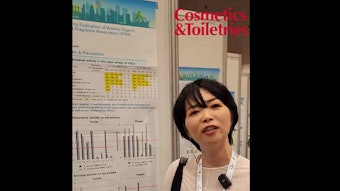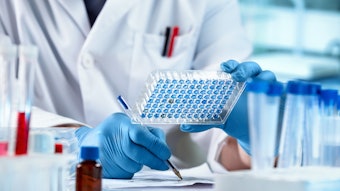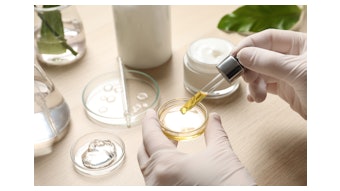
Resveratrol has long held the hopes of consumers (and formulators) for not only its anti-aging benefits, but its pleasurable sourcing; i.e., from red wine, dark chocolate, red grapes and blueberries. While it exhibits some efficacy, actives with greater potency have been sought. However, a new study from the Universities of Exeter and Brighton could renew these hopes, in the form of a resveratrol analog. A report from the University of Exeter explains.
A team led by Lorna Harries, professor of Molecular Genetics at the University of Exeter, has discovered a way to rejuvenate senescent cells to make them not just look, but act, younger. This is accomplished by switching on a class of genes called splicing factors that progressively switch off with age. This "switch" can be activated using a novel resveratrol analog.
According to the researchers, within hours of treatment, older cells treated with the analog started to divide and exhibited longer telomeres. Thus, cells looked younger and started to rejuvenate, behaving like younger cells and dividing. This discovery could lead to therapies to help people age better.
Harries said in a press statement, “This is a first step in trying to [help] people live normal lifespans, but with health for their entire life. Our data suggests that using chemicals to switch back on the major class of genes that are switched off as we age might provide a means to restore function to old cells.”
According to the report, splicing factors ensure that genes perform their full range of functions. One gene can send out several messages to perform a function but splicing factors decide which message to make. In that way, acting on them with the aforementioned resveratrol analog or other actives, for instance, changes what message has been sent. It is a novel target to consider for advanced anti-aging and well aging strategies.










